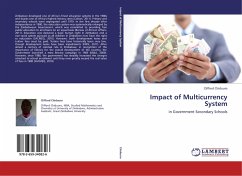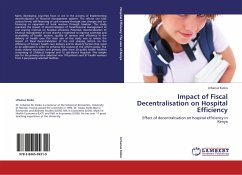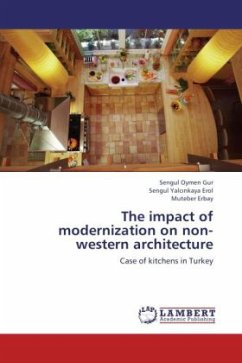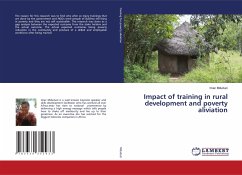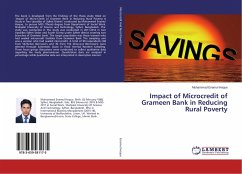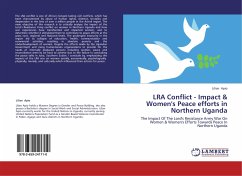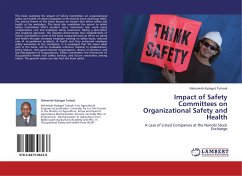Zimbabwe developed one of Africa s finest education systems in the 1980s and boasts one of Africa's highest literacy rates (Coltart, 2011). Primary and secondary schools were segregated until 1979. In the first decade after independence in 1980, the education system was systematically enlarged by the Zimbabwean Government, which was committed to providing free public education to all citizens on an equal basis (Bureau of African Affairs, 2011). Education was declared a basic human right in Zimbabwe and a non-racial system pursued as all children in Zimbabwe now have the right to education (SACMEQ, 2010). However, both development levies and tuition fees must be paid. Tuition fees have historically been very low, though development levies have been impediments (FMSI, 2011). After almost a century of colonial rule in Zimbabwe, in recognition of the importance of literacy for the overall development of the country, the Government launched a mass literacy campaign in 1983 (Midzi, 2000). However, since 1988, the government has steadily increased the charges attached to school enrollment until they now greatly exceed the real value of fees in 1980 (SACMEQ, 2010).
Bitte wählen Sie Ihr Anliegen aus.
Rechnungen
Retourenschein anfordern
Bestellstatus
Storno

